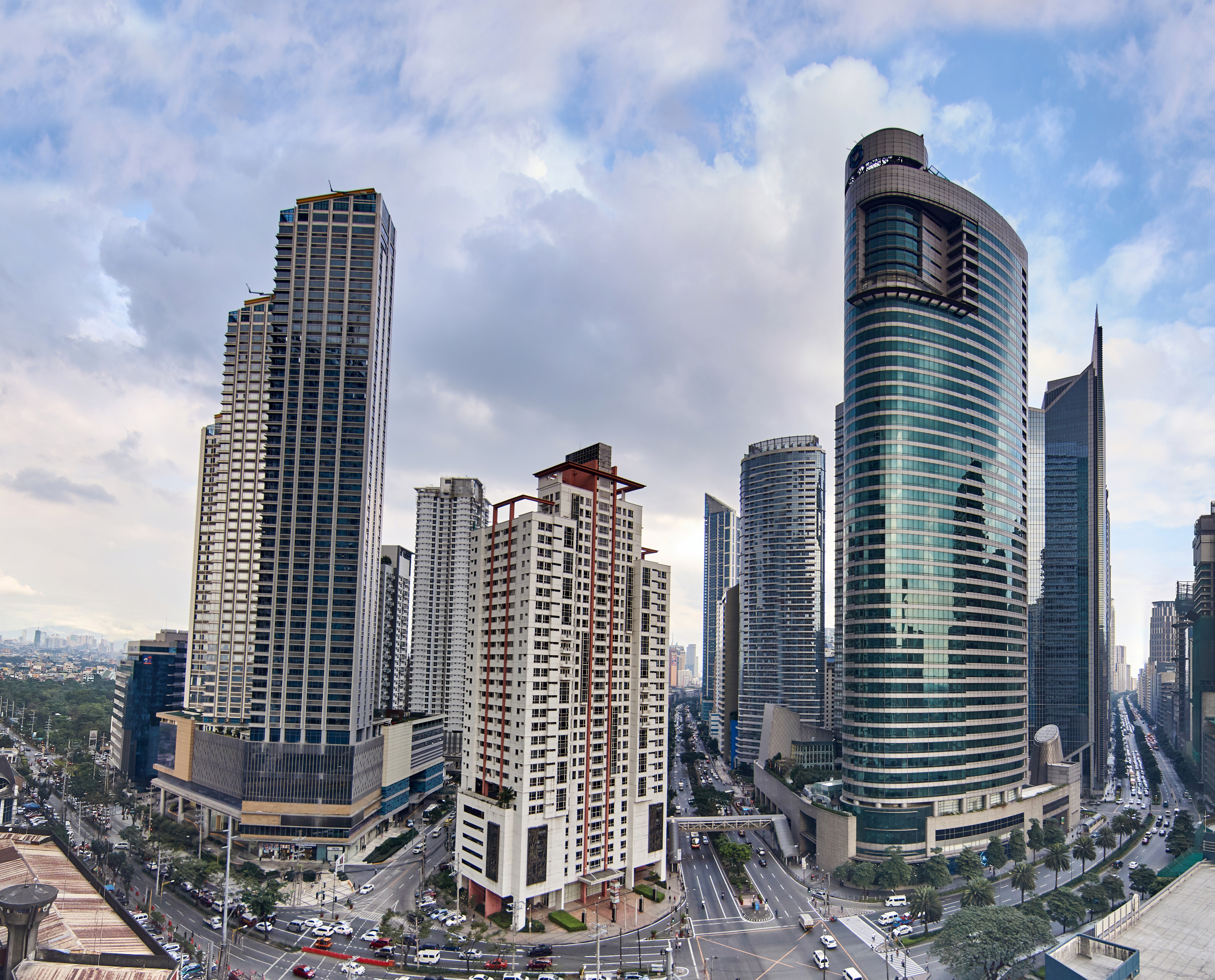On 8 March 2019, the government of the Philippines passed a Universal Health Care (UHC) law which gives Filipino citizens affordable access to a full spectrum of health care including preventive, promotive, curative, rehabilitative and palliative care for medical, dental, mental and emergency health services.
The new UHC law will take effect in the next couple of years pending the publication of the implementing rules and regulations.
Background
The National Health Insurance Act of 1995 created the Philippine Health Insurance Corporation (PhilHealth) to administer the National Health Insurance Program (NHIP). Since PhilHealth has failed to meet its goal to cover all Filipino citizens, several reforms have been discussed to ensure the universal health care policy works more effectively in the future.
The UHC law is intended to provide the result of decades of discussions and two years of dedicated political and technical work. The new law reforms the fragmented public Filipino health care system, which faces many challenges including inadequate health coverage and a shortage of medical personnel. The new law aims to improve government health services and progressively realize universal health care in the entire country. This goal might ultimately lead to a decrease in the widespread presence of private health insurance in the Philippines.
Key details
The new law mandates that all Filipino citizens be enrolled automatically to basic health services (“essential health benefit package”) under the existing NHIP, even if they fail to pay their premiums. It is still unclear how the automatic enrollment process will be executed. All members will be entitled to receive basic services that include primary care, medicines, diagnostics, and laboratory services, as well as preventive, promotive, curative, rehabilitative and palliatives care for medical, dental, mental and emergency health services. Patients would be required to register with a primary health care provider of their choice to coordinate their health services.
PhilHealth will contract public, private and mixed health care provider networks for the implementation of health services. No out-of-pocket costs will apply for basic health services, regardless of whether it is in a public or private hospital.
The NHIP will be simplified into two types of memberships:
- Direct contributors for everyone who pays health care premiums through payroll contributions (employees, self-employed and their dependents) as well as lifetime members (retirees).
- Indirect contributors for all others.
Additional health benefits will apply to direct contributors who have always paid their NHIP contributions. These benefits have not been determined yet.
Premium contributions for direct contributors will increase as follows:
| Year | Premium rate | Income ceiling |
| 2019 | 2.75% | PHP 50,000.00 |
| 2020 | 3.00% | PHP 60,000.00 |
| 2021 | 3.5% | PHP 70,000.00 |
| 2022 | 4.00% | PHP 80,000.00 |
| 2023 | 4.5% | PHP 90,000.00 |
| 2024 | 5.00% | PHP 100,000.00 |
| 2025 | 5.00% | PHP 100,000.00 |
The income floor for contributions is PHP 10,000.00. The contribution rate is divided equally between the employee and the employer.
In addition, the department of health will contract province-wide and city-wide health systems to ensure all citizens have access to health networks in every municipality in the Philippines. This system will be pooled and managed through a special health fund. Further regulation and guidelines will be developed for the use of this fund. To address the shortage of personnel, medical students who received a government-funded scholarship will be required to work in the public health sector for a minimum of three years.
Next steps
Implementing regulations still need to specify several provisions of the new law such as the establishment of the special health fund and the additional benefits for direct contributors. The law is expected to be implemented in the next few years once the implementing rules are published.
The improvement of the public health insurance system might decrease the attractiveness of private health insurance for Filipino citizens in the future. Employers should monitor the implementation timeline of the new law and ensure compliance with the contribution rates when applicable.
